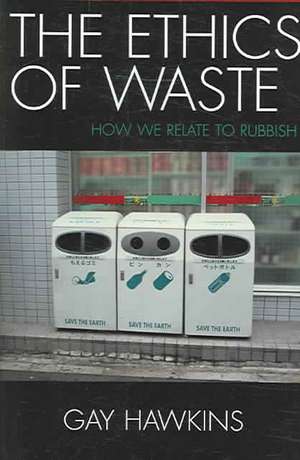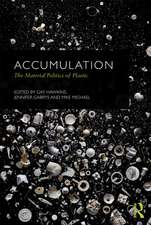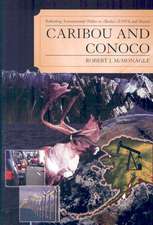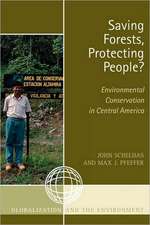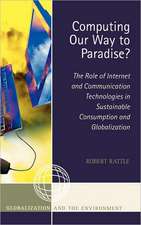The Ethics of Waste
Autor Gay Hawkinsen Limba Engleză Paperback – 27 noi 2005
| Toate formatele și edițiile | Preț | Express |
|---|---|---|
| Paperback (1) | 377.20 lei 6-8 săpt. | |
| Rowman & Littlefield – 27 noi 2005 | 377.20 lei 6-8 săpt. | |
| Hardback (1) | 742.27 lei 6-8 săpt. | |
| Rowman & Littlefield – 29 noi 2005 | 742.27 lei 6-8 săpt. |
Preț: 377.20 lei
Nou
Puncte Express: 566
Preț estimativ în valută:
72.18€ • 78.65$ • 60.82£
72.18€ • 78.65$ • 60.82£
Carte tipărită la comandă
Livrare economică 23 aprilie-07 mai
Preluare comenzi: 021 569.72.76
Specificații
ISBN-13: 9780742530133
ISBN-10: 0742530132
Pagini: 151
Dimensiuni: 168 x 226 x 13 mm
Greutate: 0.25 kg
Editura: Rowman & Littlefield
ISBN-10: 0742530132
Pagini: 151
Dimensiuni: 168 x 226 x 13 mm
Greutate: 0.25 kg
Editura: Rowman & Littlefield
Notă biografică
Descriere
Do we feel virtuous for reusing plastic bags and disdain those who don't? At what point does personal waste become public responsibility? Placing these ideas into historical, social, and cultural perspective, this thoughtful book seeks ways to change ecologically destructive practices without recourse to guilt, moralism, or despair.
